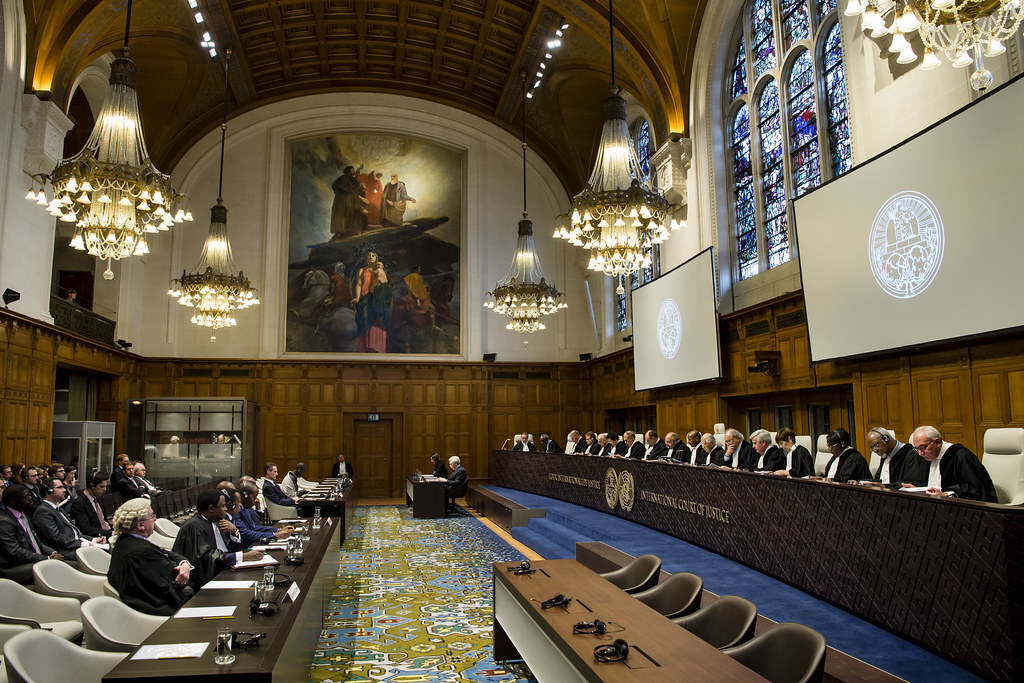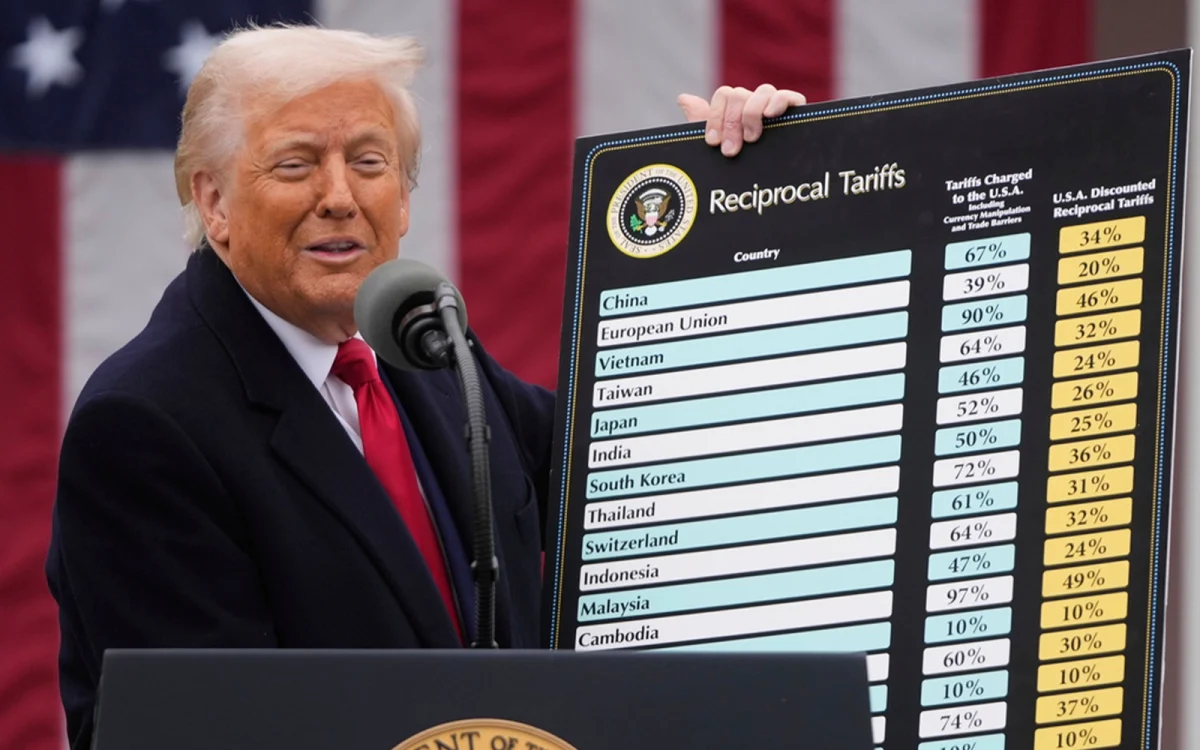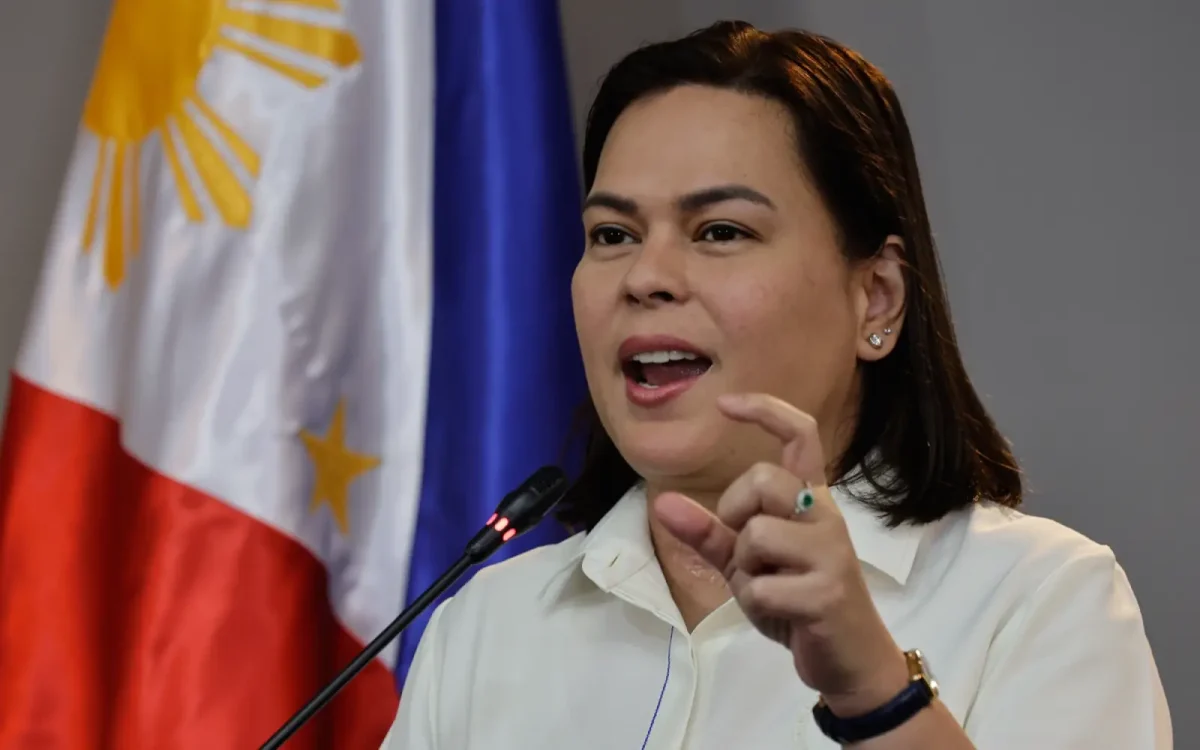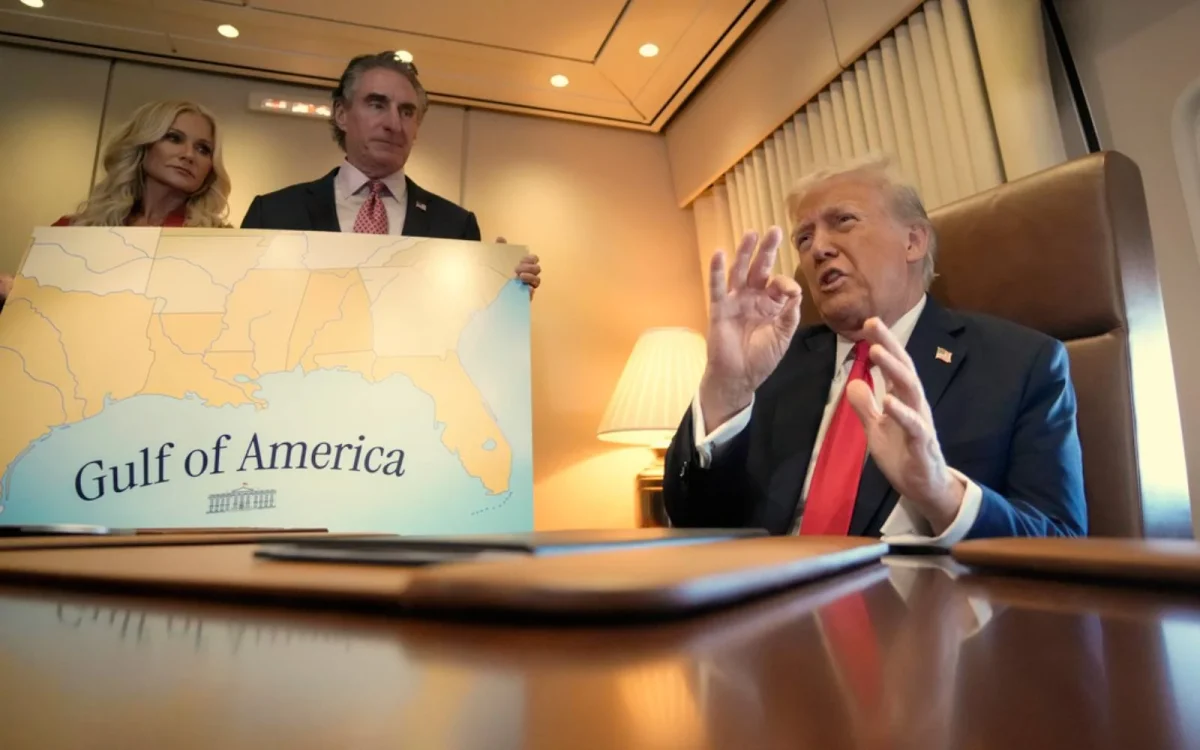On December 29, 2023, the South African government brought a case to the International Court of Justice (ICJ) accusing Israel of committing genocide in Gaza. Hearings were made between January 11-12, and on January 26, the ICJ ruled historically, 15-2 in favor of implementing six of the nine provisional measures South Africa requested for Palestine. Israel has expressed frustration at the case, and the decision — meanwhile, supporters of South Africa question how the ICJ’s rulings will be implemented. To understand what the rulings actually mean, it’s crucial to understand the content of the cases brought before the court, the rulings, and the respective parties’ reactions.
To contextualize, the ICJ, located in the Hague, Netherlands, was founded in 1945 as a judicial branch for the UN. Unlike the International Criminal Court (ICC), the ICJ only settles legal disputes between countries; it can’t prosecute directly, though its decisions ostensibly represent international condemnation.
The UN’s 1948 Genocide Convention presents two requisite factors for genocide, which South Africa’s aimed to prove. First is the physical dimension — killing, harming, preventing births in, and/or taking the children of a particular group. And second, the mental dimension — the difficult-to-prove special intent, requiring evidence that the accused intends the physical destruction of a group.
In regards to proving the first, South Africa focused on the destruction of people in Gaza, as well as their resources and facilities. Its brief specifies, “Israel has now killed in excess of 21,110 named Palestinians, including over 7,729 children — with over 7,780 others missing, presumed dead under the rubble — and has injured over 55,243 other Palestinians.”
It also presents the destruction of resources and facilities, citing that famine is currently threatening “the entire population in Gaza.” Furthermore, it lists that “over 61 hospitals and other healthcare facilities have been damaged or destroyed,” specifying the consequences on the many Gazans requiring intensive operations, and on pregnant Palestinian women whose deliveries are severely at risk.
In tackling the issue of intent, evidence in South Africa’s brief takes on a focus on “dehumanizing statements by Israeli governmental and military officials towards [Gazans].” Multiple quotes by Israeli officials about the current campaign in Gaza are presented in the brief which aim to represent a policy of non-discretion or success when killing civilians.
Examples include those from governmental officials, such as Israeli President Isaac Herzog’s statement: “It’s an entire nation out there that is responsible. It’s not true this rhetoric about civilians not aware, not involved. It’s absolutely not true,” and a quote by the Israeli Minister of Heritage: “The north of the Gaza Strip, more beautiful than ever. Everything is blown up and flattened, simply a pleasure for the eyes.”
Quotes are also presented from military officials, including multiple from Israeli Army Reservist Major General Giora Eiland, such as “Who are the ‘poor’ women of Gaza? They are all the mothers, sisters or wives of Hamas murderers…if they experience a humanitarian disaster…it can be assumed that some of the Hamas fighters and the more junior commanders will begin to understand that the war is futile.”
Israel has attacked South Africa for bringing the case to court; on January 11, 2024, Politico reported that a spokesman for the Israeli Ministry of Foreign Affairs claimed South Africa was “functioning as the legal arm of the Hamas terrorist organization,” and its legal team called the case “blood libel.”
Israel’s primary response to the allegations was arguing its campaign is in self-defense. According to PBS NewsHour, Israeli legal advisor Tal Becker claimed that “South Africa’s request for an immediate halt to the Gaza fighting amounts to an attempt to prevent Israel from defending itself.” Arguments were also made that the case was unfair as Hamas is not a state, and not subject to similar jurisdiction under the ICJ. Although Reuters did report on January 25th that if the ICJ called for a ceasefire, Hamas stated it would “abide by it as long as Israel reciprocates.”
South Africa’s argument for genocidal intent was also resisted. The quotes by high-ranking Israeli officials included in the document, according to a member of Israel’s legal team, constituted “random quotes not in conformity with government policy.” Israel has claimed as well that the quotes were taken out of context, while pointing to other official statements asserting Hamas was being targeted rather than civilians. According to AP News, Israel said in its defense it “takes measures to protect civilians, such as issuing evacuation orders ahead of strikes. It blames Hamas for the high civilian death toll, saying the group uses residential areas to stage attacks and for other military purposes.”
The ICJ’s ruling itself came on January 26th, albeit in provisional form — this means it was made earlier than a final decision, out of some urgent concern that international law could be violated in the meanwhile. The court found it plausible Israel was committing genocide in Gaza. Consequently, it imposed six provisions: ordering Israel to prevent genocidal acts, stop its military from performing them, punish incitement to genocide, ensure aid/services reach Gaza, preserve evidence of genocidal crimes, and submit a report proving it followed these guidelines in a month.
Notably, the demand for a ceasefire was not approved by the ICJ. Multiple UN experts released a statement afterwards asserting “The court order is urgently needed to protect the very existence of the Palestinian people from potentially genocidal actions,” and that they “believe that the most effective way to implement the provisional measures is through an immediate ceasefire.”
Israeli officials have implied before the ruling they do not intend to follow the ICJ, including Prime Minister Netanyahu, who tweeted on January 13, “Nobody will stop us — not The Hague, not the axis of evil and not anybody else.” The ICJ itself cannot enforce provisional measures. However, if Israel is found to be in contempt, the case may be given to the Security Council to economically or diplomatically impose the ruling.
Overall, even if not directly enforceable, the ICJ ruling is historical. Only a select few countries have ever been accused before in the World Court of violating its Genocide Convention. This makes the provisional ruling historical — although it remains to be seen whether the measures will have any effect on the ground in Gaza, the decision will go forward as a part of international history.







